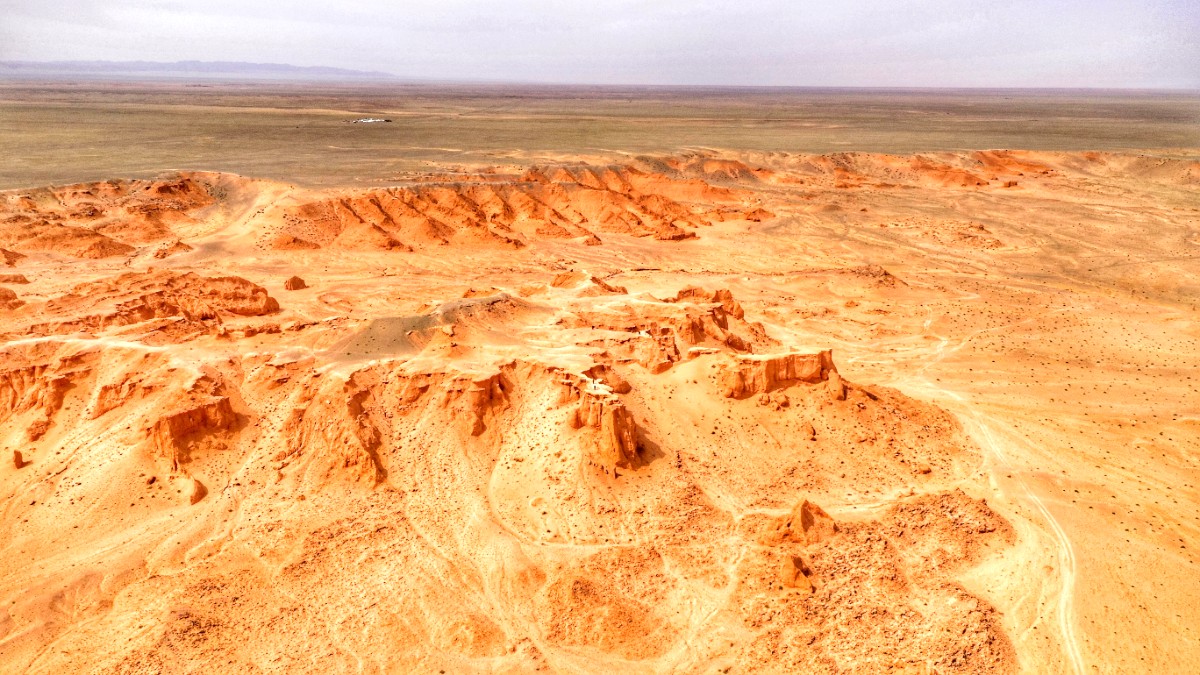
Mongolia
Mobile coverage is good in Ulaanbaatar and provincial centers. Expect to be offline for significant periods in the Gobi.
Many people in the tourism industry speak English, but English is limited in the Gobi.
Enhance your cultural immersion by learning some Mongolian phrases before your trip.
Download offline Mongolian language packs for translation apps before your trip.
Navigating daily operations and services in the Gobi.
Banks typically 9:00 AM - 5:00 PM (weekdays). Shops 10:00 AM - 8:00 PM in towns. Ger Camps operate 24/7 during tourist season.
ATMs are available in Dalanzadgad and other provincial centers. Cash is preferred in rural Gobi areas.
Tsagaan Sar and Naadam Festival are major national holidays with business closures. Many ger camps close from late October to late April.
Enhance your airport experience with comfortable lounge access.
Seek compensation for flight disruptions like delays or cancellations.
Consult tour operators about specific needs to assess feasibility and plan accommodations for accessibility.
Interacting respectfully with the nomadic culture a core part of responsible travel in the Gobi.
Observe local customs for respectful interactions.
Choose clothing that respects local norms and practical for the desert environment.
Be discreet and respectful with your camera, especially when photographing people.
Avoid actions and discussions that could cause offense in local culture.
Discover where to stay and what services to expect in the Gobi Desert.
The main accommodation type in the Gobi, offering an unique cultural experience.
Meals at ger camps typically feature traditional Mongolian cuisine.
What to pack and where to obtain necessities for your Gobi adventure.
Small shops in Gobi towns stock basic necessities and local crafts.
Embrace the unique experience of staying in a traditional ger. It connects you deeply with the nomadic way of life.